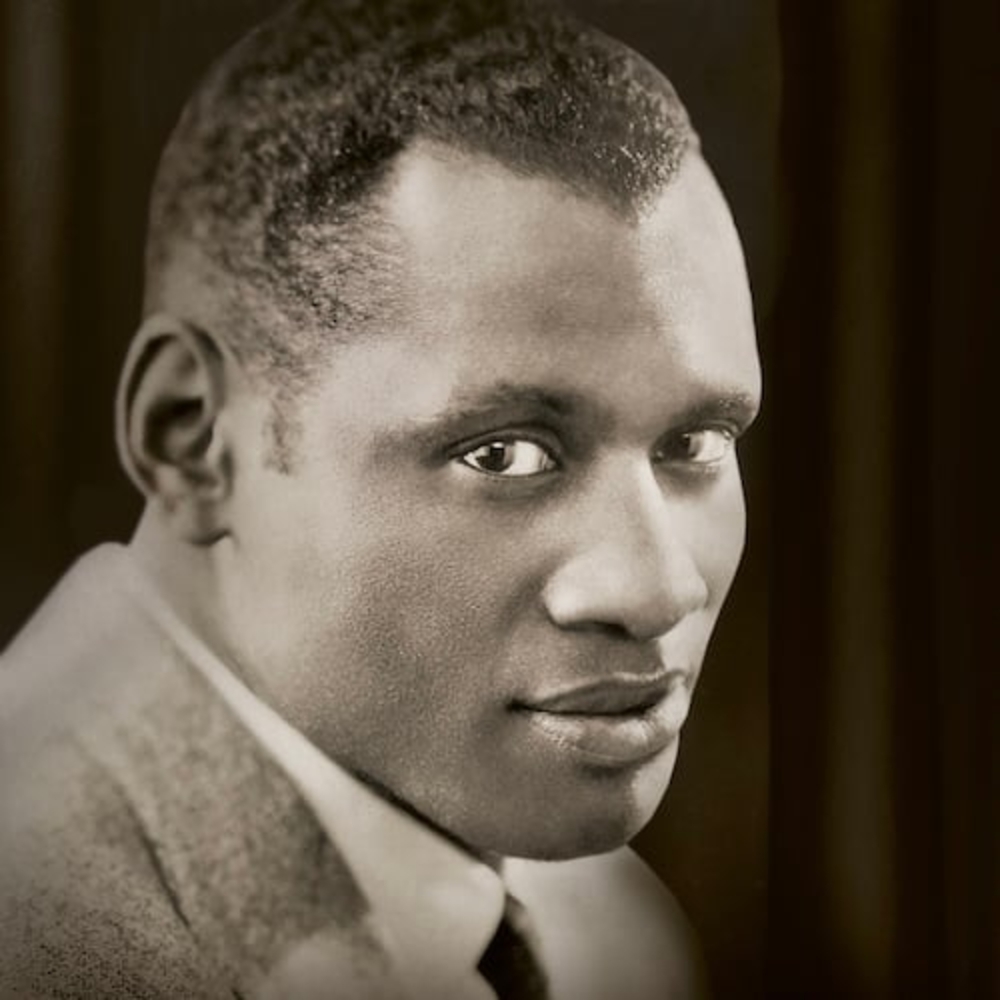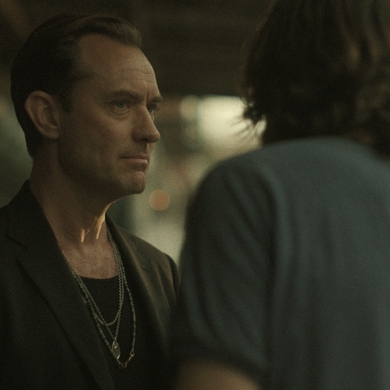The Black bass-baritone Paul Robeson (1898–1976) was no easy man to pigeonhole. His father, of Igbo descent, had been born into slavery, made a run from the plantation in his teens, and made a life as a preacher in Princeton, New Jersey. Paul’s mother came from prominent mixed-race Quaker stock. The second of the couple’s five children, Paul was a class act to his fingertips, notable for his achievements as a screen and stage actor, a professional athlete, a legal scholar, and an equal-rights activist blacklisted and stripped of his passport during the infamous McCarthy Red Scare. Robeson’s rich, dark resonance possessed majesty free of pomp; he articulated crisply, without from-the-pulpit affectations. In lullabies, he could downshift his thunder to a comforting paternal purr. Yet he never wallowed in sound for sound’s sake. Always, his heart was in the message. Sony Classical’s new Robeson tribute delivers 14 CDs of remastered material between the covers of an 11-inch-square coffee-table book designed to fit side by side with your vintage vinyl. Starting with the regal cover portrait, the illustrations storyboard a history spelled out in two valuable essays marred only by careless copy-editing. That said, the music’s the thing. Feel free to browse. In a retrospective of this kind, redundancies are a given—no need to parse every last iteration of “Ol’ Man River” (a Robeson signature tune written for though not premiered by him). Backs will stiffen at diction redolent of the Confederacy (“Dixie,” “darkies,” “pickaninnies”), and the nostalgia for the cotton fields can strike contemporary ears as shockingly Uncle Tom. If so, remember who’s singing and give your sensibilities the day off. Robeson’s rep ranged from spirituals and parlor songs of the South to folk tunes of Wales, Russia, Africa, and China. A Mendelssohn aria from Elijah was in his wheelhouse, too, alongside Beethoven’s “Ode to Joy,” Duke Ellington’s “Mood Indigo” and hits from Porgy and Bess, (“Summertime,” anyone? For bass?) There are spoken-word tracks, too. Robeson’s recitation of “The Little Black Boy,” from Blake’s Songs of Innocence and of Experience—prefaced by the correction that souls have no color—may give you shivers. And there’s even the lavish lagniappe of a full-length Othello. Robeson first broached the Moor of Venice in high school and subsequently, to mixed notices, in London opposite the 23-year-old Peggy Ashcroft, with whom he became romantically entangled. The performance offered here is a spinoff of a record-breaking Broadway production of 1943, in which his Desdemona was Uta Hagen, a decade later Albee’s original Martha of Who’s Afraid of Virginia Woolf? As captured by the mic, a general Theatre Guild patina feels a touch antique. Yet Robeson’s high-classical reading of the title role shares the timelessness of the touchstone discs of Maria Callas. —Matthew Gurewitsch
Paul Robeson, Voice of Freedom is available for purchase on Amazon and other platforms.




